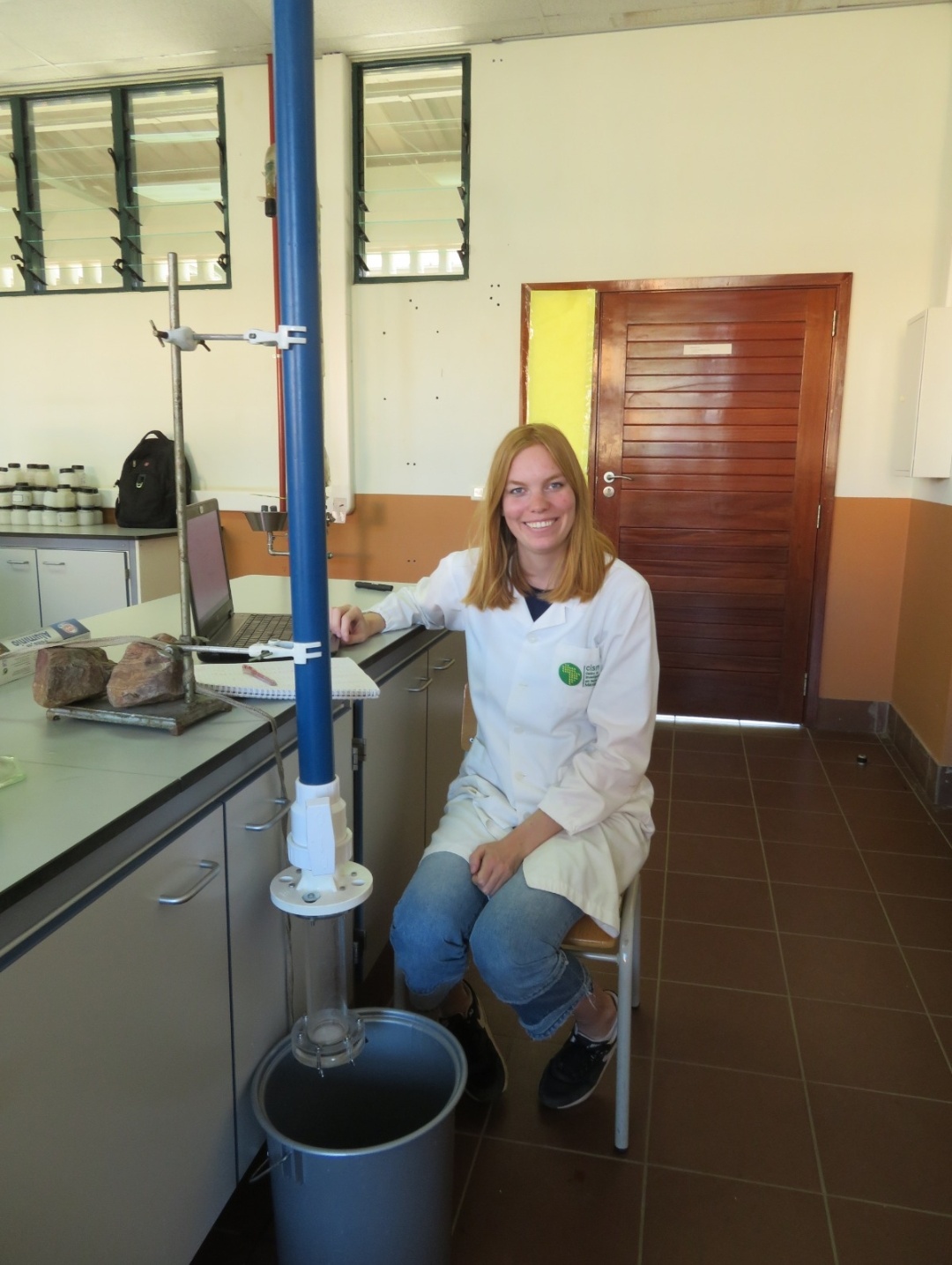The removal potential of E-Coli in water from septic tanks in Maputo, Mozambique
For my bachelor thesis, I am traveling to Maputo, Mozambique for nine weeks. Here I am doing, in collaboration with Eduardo Mondlane University, a research to the removal potential of E-Coli in water from the septic tanks.
Maputo is the capital city of Mozambique. In 2019 Maputo has a population of 1.191.613 and with a growing rate of 2.88% the population is growing fast (WorldPopulation, 2019). Most of the population is living in the peri-urban area with limited provision of basic services (Bhatt, 2014). Due to the population growth the agriculture needs more and more water which is intensifying freshwater scarcity in Maputo. Moreover, most households are not connected to a wastewater treatment system which causes environmental pollution through the disposal of untreated wastewater which is increasing water competition even more (Bäuerl, 2015).
In Maputo contaminated wastewater which is minimally treated is often used for irrigation. Farmers have on-site facilities, for example a septic tank, that pre-treats there wastewater for irrigation use. A septic tank collects the wastewater from household produced by bathrooms, kitchen, drains and laundry. The organic matter in the septic tank is removed by digestion and the solids are separated from the wastewater (EPA, 2017). However, there is a high load of pathogens in the effluent of the septic tank which poses threats to public health when used for irrigation due to food contamination (Luis Fernando Perez-Mercado, 2018). A decrease in the high load of pathogens is needed to prevent people from getting ill.
There are 1407 species of pathogens infecting humans, which includes 538 species of bacteria, 208 types of viruses, 57 species of parasitic protozoa and several fungi and helminths species. In this research the focus is on the E-coli bacteria. The removal of E-coli is done with cross-flow filtration. Water from the septic tank is pumped through and across a membrane filter. The effluent of the filter, called permeate, is the water with decreased E-coli bacteria. In this research cross-flow filtration will be tested. If no pumps are available dead-end filtration would be another solution and will be tested. Water from the septic tank is pressed through the membrane and the effluent has a decrease in E-coli bacteria.
The aim of this research was to evaluate the E-Coli removal potential throughout the membrane, such that the quality of the water used for irrigation can be improved.
Maputo was a great experience. I learned a lot about the culture and about water treatment in another country. I want to thank the Eduardo Mondlane University in Maputo and the Delft University of Technology for this amazing opportunity of doing my bachelor thesis abroad.
Marleen Ophorst
